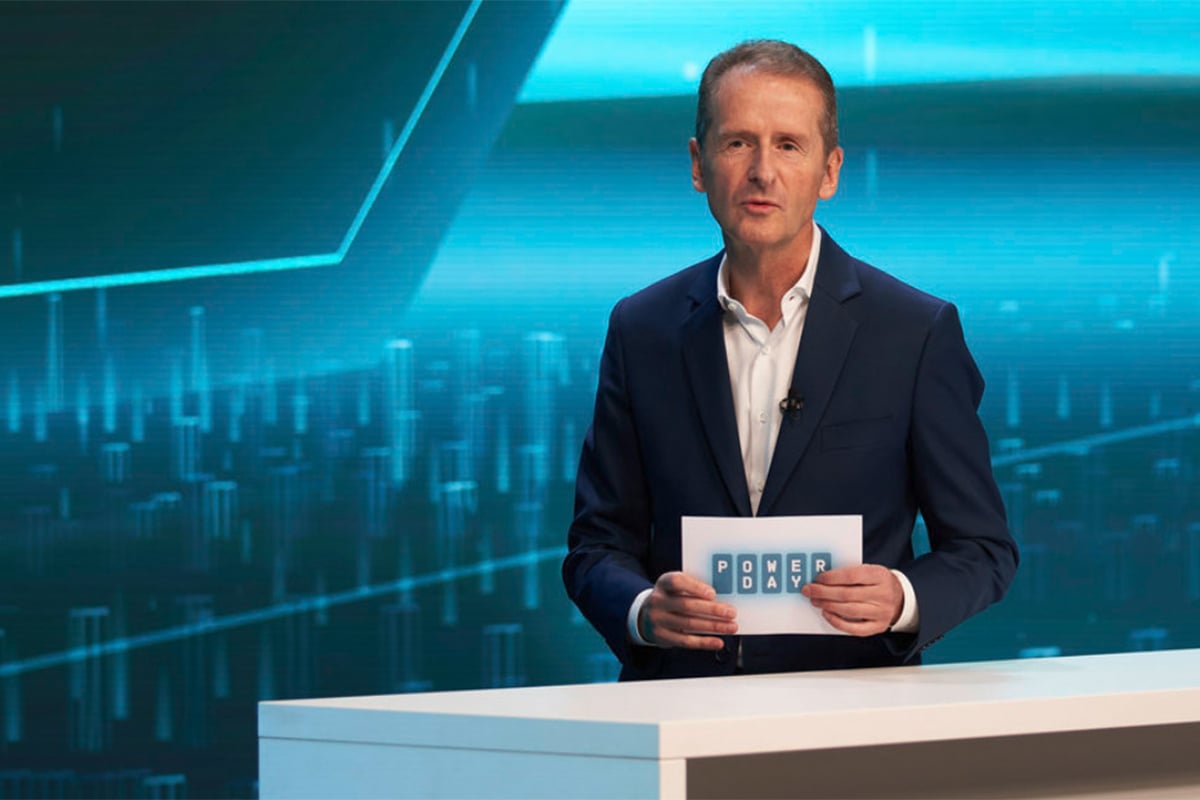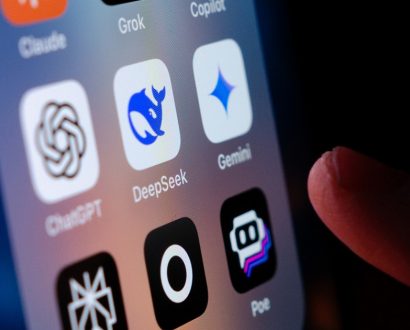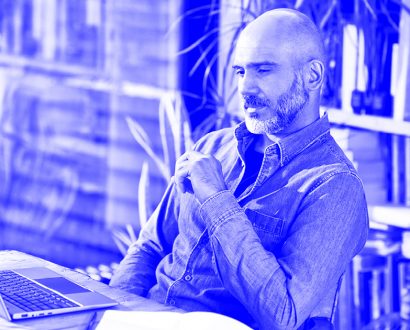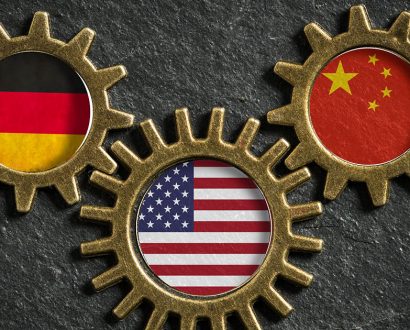Imagine being able to use your car to power the household; Volkswagen Group announced it will make it happen next year.
Volkswagen Group, in its own words, “intends to integrate the electric car in private, commercial and public energy systems in the future. This will allow green electricity from the solar energy system to be stored in the vehicle and fed back into the home network if needed.”
One thing’s for sure: this was the secret hero of the #VWPowerDay! 😍
(Sound on 🔊) pic.twitter.com/m5uPH7gQJM
— Volkswagen Group (@VWGroup) March 15, 2021
Volkswagen Group said on the company’s Power Day, “Not only will customers be more independent of the public power grid, they will also save money and reduce CO2 emissions. Models based on Volkswagen’s own MEB platform will support this technology from 2022. Volkswagen will also offer a complete package with all modules and digital services – from the bidirectional wall box to energy management. The technology is soon to be used also on a larger scale – for example, in residential buildings, businesses or in the general power grid.”
Volkswagen Group announced the MEB platform in 2018 as part of its move into electric vehicles. The platform is a modular battery pack that can scale to fit different-size vehicles, a motor and other electronics – basically all of the technical underpinnings needed to make an electric vehicle move. All of Volkswagen’s upcoming ID-branded electric vehicles are being built on the MEB platform, and it will also power certain vehicles from Volkswagen Group brands Audi, SEAT and Skoda.
Our CEO @Herbert_Diess on @LinkedIn: “#eMobility has won the race! Therefore battery and charging become a core business of Volkswagen AG. On our #VWPowerDay we presented our roadmap till 2030.”
For reading the full article click below.
— Volkswagen Group (@VWGroup) March 15, 2021
Volkswagen Group, the second largest vehicle manufacturer in the world based on sales, used the Battery Day to unequivocally declare electric vehicles were the future of transport and how it planned to make cheaper electric vehicles that go further on one charge.
“E-mobility has won the race. Our goal is to secure a pole position in the global scaling of batteries,” Volkswagen Group CEO Herbert Diess declared, with clearly electric vehicle leader Tesla in its sights.
The German multinational automotive manufacturer, with its headquarters in Wolfsburg, Lower Saxony, will build six factories capable of producing 240 gigawatt hours of batteries a year in Europe over the next decade. The first two plants will be in Salzgitter, Germany, and Skelleftea, Sweden, and a third plant will be built either in Spain, Portugal, or France, and the fourth factory earmarked for Eastern Europe.
This is sufficient to provide batteries for four million cars, equivalent to about 40 per cent of Volkswagen Group’s annual vehicle production, The Telegraph reported.
“This will finally make e-mobility affordable and the dominant drive technology,” said Thomas Schmall, Member of the Board of Management of Volkswagen Group for Technology.
“We will use our economies of scale to the benefit of our customers when it comes to the battery. On average, we will drive down the cost of battery systems to significantly below US$100 per kilowatt hour. This will finally make e-mobility affordable.”
Volkswagen Group also announced an evolution in battery-charging in partnerships with BP, Iberdrola and Enel.
We participated in @volkswagen‘s “Power Day” event to discuss our commitment towards decarbonizing the transport sector. HPC charging infrastructure availability is key in driving the #eMobility transition forward. Discover how 👉 https://t.co/c8ZvEk4LcU #EnelX #VWPowerDay pic.twitter.com/LScIrCNLLn
— Enel X (@EnelXGlobal) March 15, 2021
Volkswagen intends to operate about 18,000 public fast-charging points in Europe by 2025. This represents a fivefold expansion of the fast-charging network compared to today and corresponds to about one-third of the total demand predicted on the continent for 2025, said the company. Volkswagen Group wants to establish about 8,000 fast-charging points throughout Europe together with BP. The fast-chargers with a charging capacity of 150 kilowatts will be installed at a total of 4,000 BP and ARAL service stations, with the majority of these in Germany and the UK.
In cooperation with Iberdrola, Volkswagen will cover main traffic routes in Spain. In Italy, Volkswagen wants to collaborate with Enel to establish the fast-charging network both along motorways and in urban areas. Volkswagen will invest about US$400 million in the European program as a whole by 2025, with further investments being borne by external partners. In addition, Volkswagen is expanding the public fast-charging network in the US and China.
Electrify America is planning around 3,500 fast-charging points in North America by the end of the year. In China, a total of 17,000 fast-charging points are being targeted by Volkswagen by 2025 through the CAMS joint venture.
Volkswagen released its first long-range electric vehicles, the Europe-only ID 3 hatchback and the ID 4 compact SUV, which is being delivered to the US. The ID 4’s battery pack, which is comprised of 288 pouch cells in 12 modules, is made by South Korea’s LG Chem. Once ID 4 production shifts to Chattanooga, Tennessee, in 2022, the batteries will be supplied by SK Innovation, another South Korean company that recently opened a US$2 billion factory nearby a Volkswagen plant.







